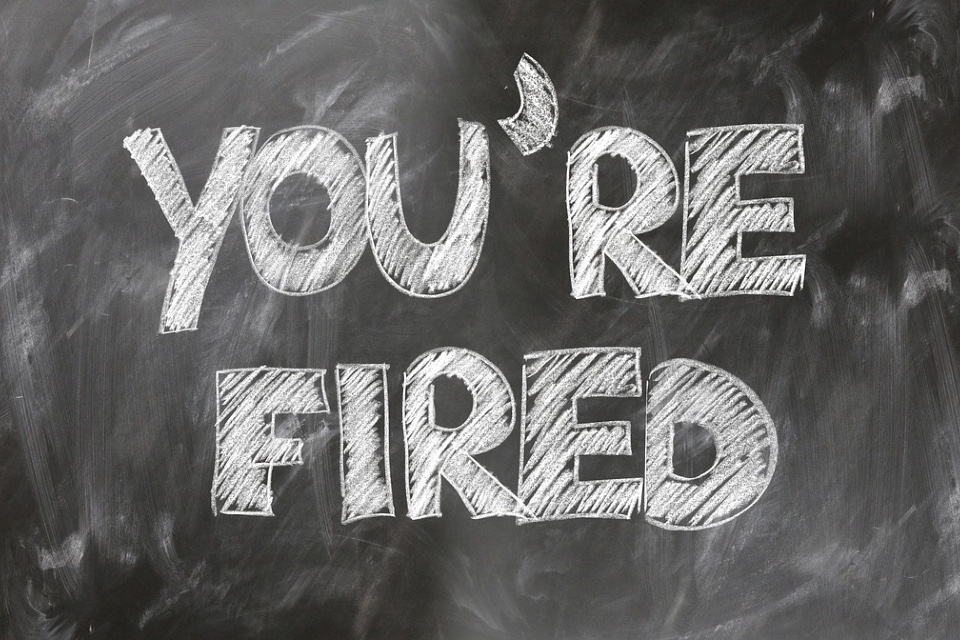Nathan Combes, senior associate solicitor specialising in employment law at Lupton Fawcett, often deals with cases involving mistakes made during the disciplinary process. Below, he details some of the most common faults HR managers and business owners make, and how to avoid them.
1. Neglecting an appropriate disciplinary policy
Many companies form their own policies when it comes to dismissals; however, it is important that managers are familiar with the ACAS Code of Practice. Although not legally binding, Employment Tribunals are required to take it into account when assessing the fairness of a dismissal, and failing to pay attention to the Code without good reason will go against you should an employee make a claim. Furthermore, not adhering to the Code can increase a successful employee’s compensation award by up to 25 per cent.
2. Allegations and consequences not fully explained to the employee
The employee must be fully aware of the allegations made against them. Lay out clearly the ways they have acted and be consistent throughout the proceedings so as not to confuse the employee. All allegations must be fully and adequately investigated and brought to the attention of the employee in good time before the disciplinary proceedings begin.
There are no set rules on the level of investigation that should be carried out but as a general rule, the more serious the allegation, the more vigorous the investigation will need to be. Some key points to remember include:
- The person carrying out the investigation should have no involvement or knowledge of the allegations made against the employee;
- The employee and any witnesses should be interviewed and ideally witness statements should be taken;
- Notes should be taken throughout the investigation process, including at meetings; and
- Investigations meetings should not be confused with a disciplinary hearing and the investigator should approach the allegations with an objective frame of mind.
As well as clearly setting out the allegations, it is vital that employees are made fully aware of the possible consequences they face whether it is a formal verbal warning, a written warning, a final written warning or dismissal. All the evidence against the employee must be presented prior to the hearing too to allow them to prepare a defence – ambushing the employee with new and/or key evidence at the disciplinary hearing (whilst tempting) is not allowed!
4. Not allowing the employee to have a companion at the disciplinary
During a disciplinary hearing, employees’ have a statutory right to be accompanied by a companion. This can be a fellow worker or trade union representative and in most cases management have no say as to who this person should be; it is solely down to the employee. Failure to fulfil a reasonable request for a companion can add to an employee’s compensation claim – the maximum amount is currently two weeks’ pay.
5. Failing to keep a clear record of the disciplinary process
It is recommended that a note taker be invited to a disciplinary hearing so that s/he can keep a record of what has been said and any action taken. The employee should be provided with a copy of the notes following the meeting. These notes should be comprehensive but they do not need to be verbatim.
6. Having the same person handle the disciplinary process
To ensure the disciplinary process does not appear biased and unfair, it is important to ensure (wherever possible) that each step of the case (i.e. at the investigation, disciplinary hearing and any subsequent appeal), is handled by a different and increasingly senior individual.
7. Not allowing the employee to appeal
After the hearing is over and a decision to dismiss or discipline the employee has been made, you must confirm to the employee that they have a right to appeal. Failure to follow this important step will almost certainly render any dismissal unfair. Employers should also be aware that appeals (particularly if they take the form of a re-hearing as opposed to simply a review) can sometimes be used to remedy any previous procedural defects in the disciplinary process and they should not be regarded as mere ‘paper exercises’ for that reason.
By avoiding these simple mistakes, you can be confident in how you handle disciplinary procedures and ensure that you are doing everything possible to avoid costly and time consuming claims.








